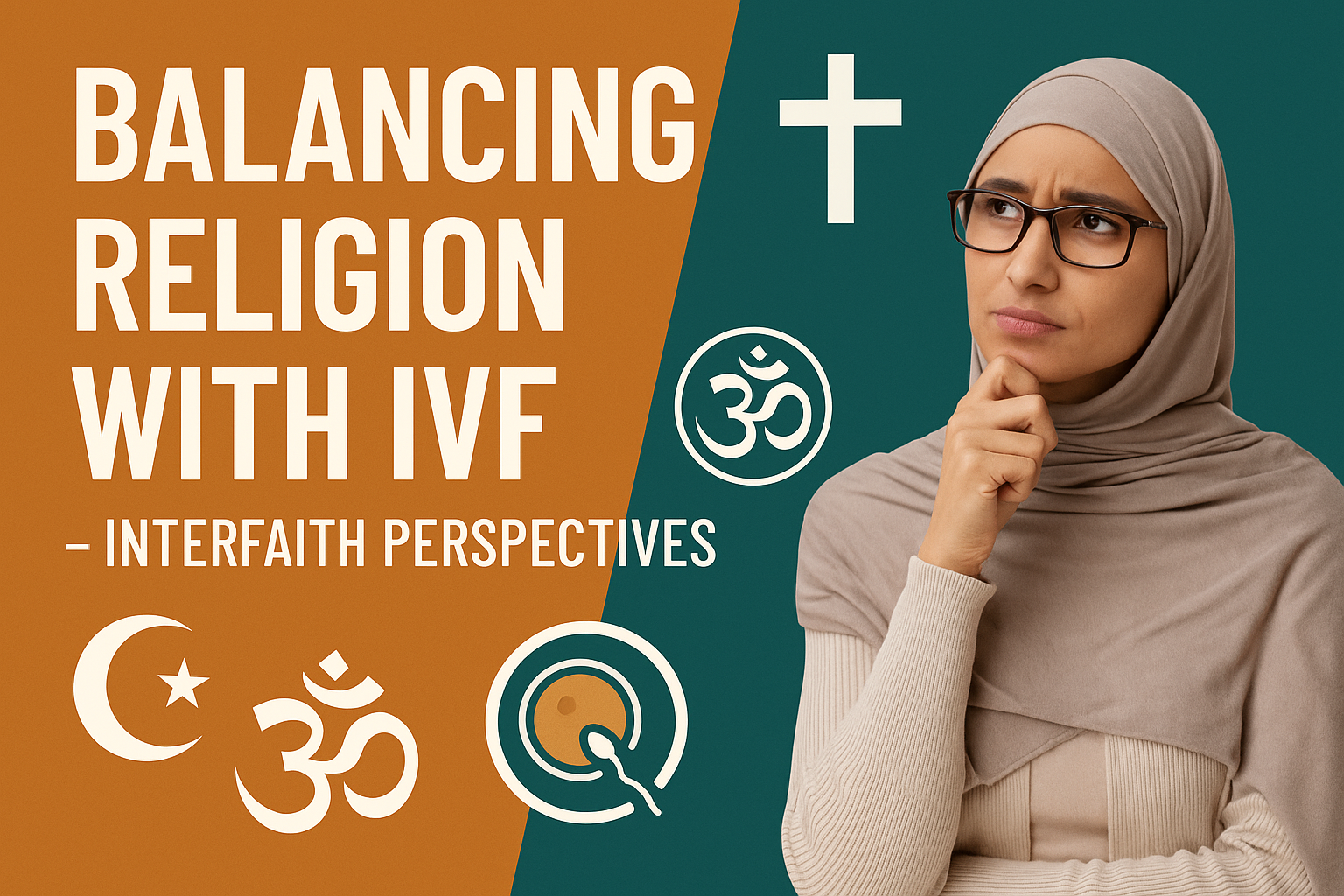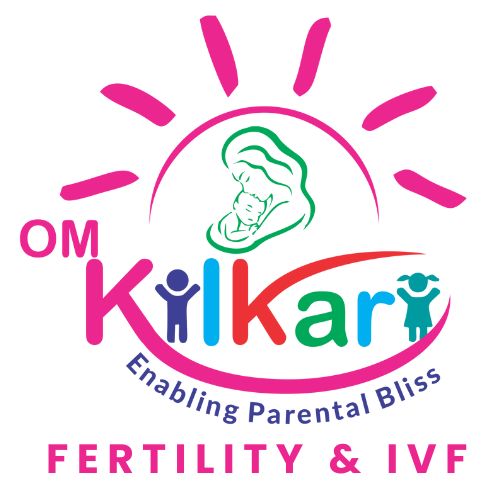
In a world where science and spirituality often walk parallel paths, fertility treatments like In Vitro Fertilization (IVF) have sparked thoughtful discussions across faith communities. For many couples facing infertility, IVF offers hope. But the decision to undergo IVF often involves more than just medical considerations — it includes deeply personal religious and moral values.
At OM Kilkari IVF, we understand that navigating fertility treatment involves both emotional and spiritual reflection. This article explores how different religious traditions view IVF, aiming to provide clarity and comfort to those seeking to balance their faith with the journey to parenthood.
Understanding IVF: A Brief Overview
IVF is a modern fertility treatment where an egg is fertilized by sperm outside the body and then implanted in the uterus. While the procedure is medical in nature, its ethical implications are closely examined by various religious teachings, especially around embryo handling, conception, and the role of divine will.
1. Hinduism and IVF
Hinduism, with its rich tapestry of beliefs, is generally accepting of IVF. The religion emphasizes the importance of family and the continuity of lineage, making procreation a valued goal.
Key Points:
- Infertility is not seen as divine punishment but a part of life’s karma.
- Assisted reproductive technologies are accepted, especially if they help a couple fulfill their dharma (duty) of parenthood.
- Some scholars advise the use of the couple’s own gametes and discourage third-party donation due to lineage concerns.
At OM Kilkari IVF, we respect traditional family values and offer fertility options that align with these principles.
2. Islam and IVF
Islamic views on IVF vary slightly across different schools of thought but are largely supportive when the treatment involves the married couple’s own genetic material.
Permissible Aspects:
- IVF is halal (permissible) if it involves the husband’s sperm and the wife’s egg during the period of marriage.
- Embryo freezing is acceptable, as long as the embryos are only used by the couple and not donated.
Concerns:
- Donor sperm, eggs, or surrogacy are generally prohibited.
- The integrity of the marital bond must be preserved.
OM Kilkari IVF offers IVF services tailored for Muslim couples, with options that respect Islamic teachings.
3. Christianity and IVF
Christian perspectives on IVF differ among denominations. The main points of concern often involve the sanctity of life, embryo treatment, and conception outside the natural act.
Catholicism:
- Generally opposes IVF due to beliefs around natural conception and the handling of surplus embryos.
- The Church values life from the moment of conception, raising ethical concerns over embryo discarding.
Protestant Denominations:
- More diverse in their acceptance; many support IVF as long as it respects the sanctity of life.
- Emphasis is placed on the intention behind the treatment and the respect for potential life.
OM Kilkari IVF encourages Christian couples to speak with clergy and offers ethical counseling for faith-aligned fertility care.
4. Judaism and IVF
Judaism generally supports IVF, especially as having children is seen as a mitzvah (commandment).
Orthodox Judaism:
- Permits IVF with the couple’s own genetic material.
- Some stricter interpretations require rabbinical guidance for procedures like embryo transfer and sperm collection.
Conservative and Reform Judaism:
- More accepting of donor gametes and gestational surrogacy.
- IVF is seen as a means to fulfill the biblical commandment to “be fruitful and multiply.”
Our team at OM Kilkari IVF respects Jewish practices, offering personalized fertility solutions in consultation with religious guidance.
5. Buddhism and IVF
Buddhism, which emphasizes compassion and the relief of suffering, is generally accepting of IVF.
Core Considerations:
- IVF is seen as a way to alleviate the suffering of infertility.
- Moral issues may arise around embryo disposal, since life is considered sacred from conception.
OM Kilkari IVF offers empathetic care that aligns with Buddhist values of mindfulness and compassion.
Finding Spiritual Comfort in IVF Decisions
Navigating IVF while honoring one’s faith can be complex. Here are some practical tips for couples:
- Consult Religious Leaders: Speak openly with your priest, imam, rabbi, or spiritual advisor.
- Seek Counseling: Consider spiritual counseling in conjunction with fertility consultations.
- Communicate as a Couple: Ensure that both partners are comfortable and aligned in their decision.
- Choose the Right Clinic: Work with a fertility center like OM Kilkari IVF that respects and supports your religious values.
OM Kilkari IVF – Where Faith Meets Fertility
At OM Kilkari IVF, we believe that science and spirituality can coexist. Our goal is to support your journey to parenthood with compassion, respect, and ethical clarity. Whether you seek guidance based on Hindu, Muslim, Christian, Jewish, or Buddhist beliefs — we offer a safe space for interfaith perspectives.
Let your faith give you strength, and let our expertise guide your way.
